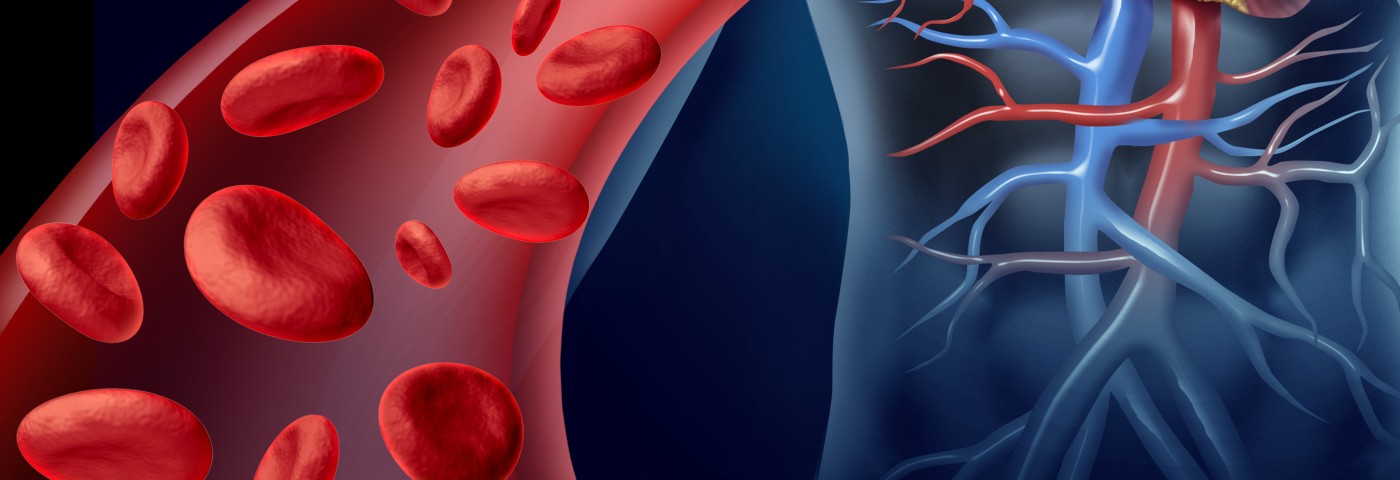A genetic heart disorder that causes a rare cardiac rhythm disease known as long QT syndrome has been linked to a risk of seizures, and these patients show a heightened connection between the brain and the heart, researchers at University of Rochester Medical Center reported. Their study, “Genetic biomarkers for the risk of seizures in long QT syndrome,” published in Neurology, encourages clinicians treating these patients to consider their risk of epileptic seizures.
Dr. David Auerbach, the study’s lead author, had previously studied the brain-heart connection in a severe genetic form of epilepsy, and found that cardiac arrhythmias were one of the causes of sudden death in epileptic people. In this study, he and colleagues investigated the inverse, looking to see if a genetic heart disorder could be associated with brain anomalies.
The researchers focused on long QT syndrome (LQTS), and investigated the data of more than 18,000 people, LQTS patients and their family members, available in the Rochester-based LQTS Patient Registry. Overall, 965 people with three different LQTS-causing mutations (LQTS 1, 2 and 3) and 936 people without an LQTS mutation were included in the study.
Looking at the genetic information of patients and family members, the scientists found that patients with the LQTS mutations had similar heart rhythm symptoms, but very different frequencies of seizures. Patients with the LQT1 or LQT2 mutations had much more frequent seizures than those with the LQT3 mutation or no mutation at all.
Importantly, those with the LQTS2 mutation were at the greatest risk of seizures. Researchers also found that the location of the mutation in the gene was important in determining both the risk of seizures and cardiac arrhythmias, as in one location the mutation increased the risk for these symptoms, while in other location the mutation increased the risk.
The study also points to the research value of “looking outside the classic organ of interest” when investigating a disease. Understanding these mutations could shed light on the mechanism of seizures and the identification of patients at risk. “You could begin applying these findings to patients today by telling physicians treating LQTS patients to look outside the heart,” Dr. Auerbach said in a press release.


